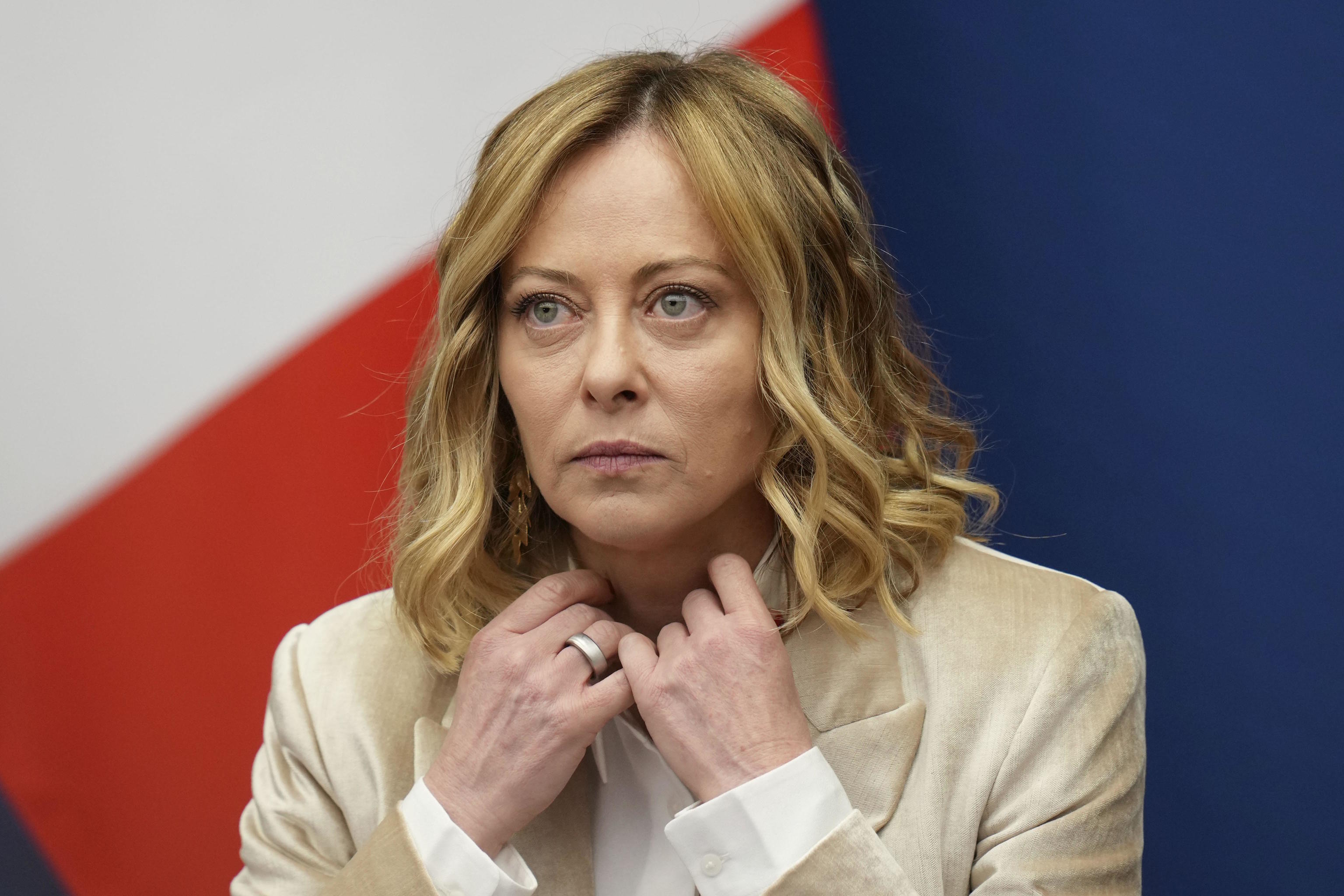The European Commission is already developing deportation detention centers outside the EU for irregular immigrants, which is a measure very similar and inspired by the hubs of Italy's Prime Minister, Giorgia Meloni. Brussels presented its new return directive this Tuesday, and the text is very clear.
"This proposal introduces the legal possibility of returning individuals who are illegally in the EU and have received a final return decision, based on an agreement or convention concluded bilaterally or at the EU level," the text states.
The document also points out that countries "Member States have requested innovative solutions for migration management," referring to the request that the vast majority of governments indeed made to the President of the European Commission, Ursula von der Leyen. This is not the case for Spain, but it is for nations with such diverse Executives as Denmark, the Netherlands, Poland, or Greece.
Furthermore, even the outgoing Chancellor, Olaf Scholz, expressed support for greater control over immigration. And the President-elect, Friedrich Merz, was clear during the electoral campaign in expressing his intention to be more restrictive in this regard. Much more. "The change in Europe, therefore, is evident," and the document presented today in Brussels attempts to respond to this new reality.
The text notes that "families with minors and unaccompanied minors" are excluded from these deportations, and also contemplates sanctions for immigrants who do not cooperate. "When obligations are not met, there will be consequences. Those who do not cooperate and pose a risk will be detained, it is essential to ensure that there are no abuses of the system. "With this new European return system, we will ensure that those who do not have the right to remain in the EU are effectively sent back," explained the Commissioner for Interior and Migration, Magnus Brunner, who presented the text alongside the Vice President for Security and Democracy, Henna Virkkunen. For example, it is proposed to extend up to ten years the time during which a forcibly deported migrant will be prohibited from re-entering the EU.
Both EU officials have tried to highlight differences from the model Meloni negotiated with Albania. To begin with, according to the Finnish official of the EU Executive, because they will only apply to "individuals who are illegally in the Union." "They are completely different," emphasized the Austrian, while reiterating that the European model is only intended for cases where there is a "final decision on their return." But the reality is that in Brussels, the similarities with the Italian model are undeniable.
The directive contemplates that, in principle, each member country will establish its respective center and reach bilateral agreements with other states that are not part of the European Union. It also includes the creation of a European Return Order, which will allow progress towards a sort of common database of deportations. That is, if an immigrant has an order in, for example, Germany and is detained in Portugal, the Portuguese authorities will be aware of that circumstance and act accordingly.
"Now it is up to the European Parliament and the Council to reach an agreement on the proposal. The Commission will support the co-legislators to advance in the negotiations of this Regulation project," Brussels includes in the text, as it will now be the other two institutions that will have to refine their proposal. But the starting point is very clear and close to the most restrictive positions on immigration.
